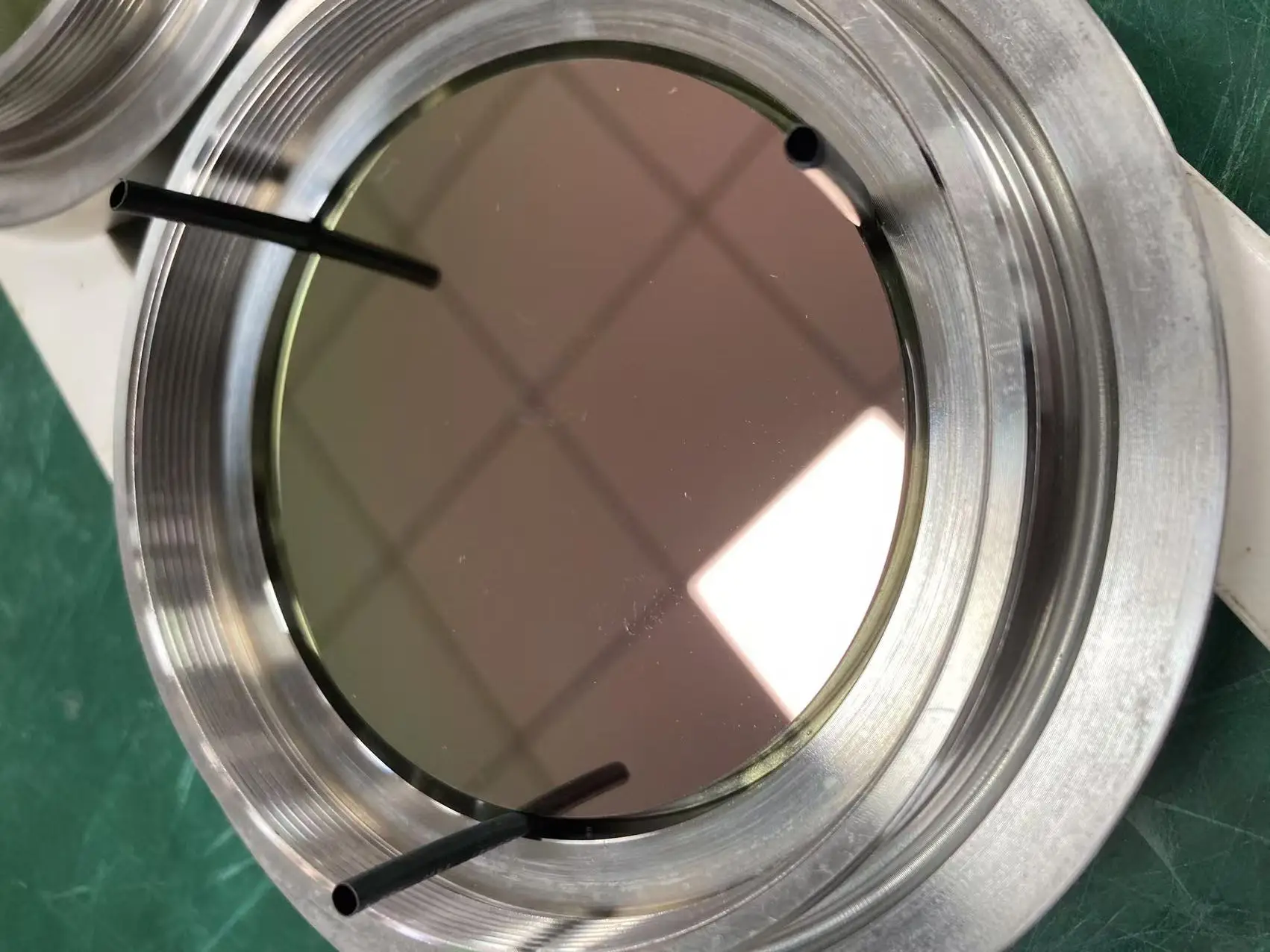Why is germanium glass required for thermal cameras in Zone 1?

Lee Liu
December 26, 2024
Germanium glass is required forexplosion proof thermal cameras used in hazardous environments such as Zone 1 because its unique physical and optical properties make it ideal for such applications.

Germanium is highly transparent to infrared (IR) wavelengths, particularly in the 8-14 µm range, which is the spectral range commonly used for thermal imaging. This allows thermal cameras to effectively detect heat signatures and operate accurately. Tempered glass is not transparent to infrared (IR) radiation, especially in the 8-14 µm range, which is essential for thermal imaging cameras. It would block or distort the thermal signals, rendering the camera ineffective.
Germanium glass is robust and can withstand harsh conditions, including potential shock, vibration and abrasive particles found in hazardous environments.
In hazardous environments, materials must resist degradation from chemical exposure. Germanium glass is chemically inert and remains stable under a variety of environmental conditions.
Germanium glass retains its optical properties over a wide range of temperatures, ensuring consistent performance even in extreme heat or cold.
Germanium is a poor electrical conductor, which is beneficial in reducing the risk of sparks or static discharges that could ignite flammable gases.
The cost of germanium contributes significantly to the overall price of thermal imaging cameras, especially high-resolution or explosion-proof models that require larger or higher-quality germanium optics.
The manufacture of high quality germanium lenses and windows involves precision cutting, polishing and coating processes to achieve the required optical and mechanical properties. Anti-reflective coatings are often applied to improve infrared transmission, adding to the cost.
Although expensive, germanium is essential to ensure the performance and safety of thermal cameras, particularly in hazardous or demanding environments.
By combining these properties, germanium glass ensures that explosion-proof thermal cameras remain safe, reliable, and effective in hazardous areas like Zone 1, where strict compliance with safety and performance standards is critical.